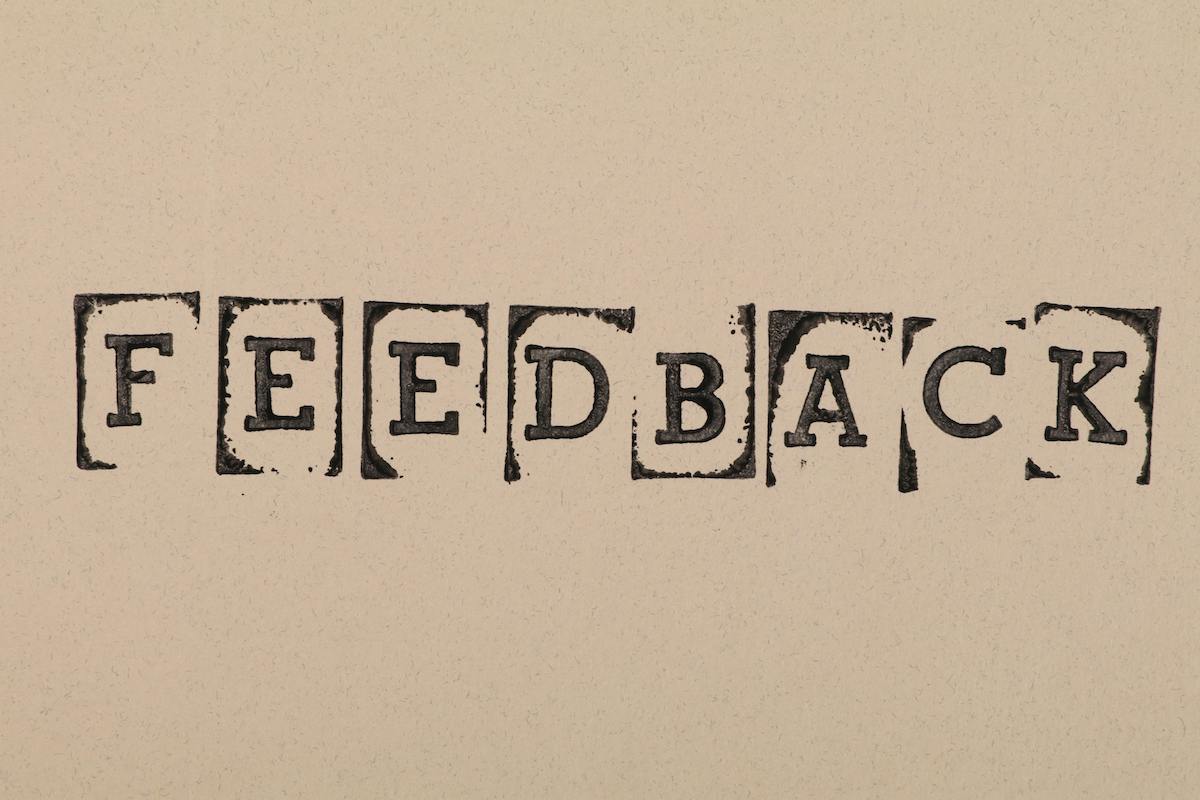Introduction
“Do your job!” goes down as one of the most famous coaching slogans. Attributed to American Football’s Coach Bill Belicheck, this famous phrase was thrown out at the New England Patriots back in 2014. And when the team heard it, they knew exactly what to do. That’s because The Patriots were the best situational teams in the NFL. They understood the situation, they had practised moves for every scenario. This vital feedback during the game made all the difference to the outcome.
In this article, we’re going to look at how a manager can motivate their team at work, by providing crucial feedback at the point of the team’s need – like a coach, during a game. We’re going to look at the various aspects of feedback and how you can help your managers cover the basics and bring their unique coaching style to work each day.
Understanding the Impact of Feedback on Team Morale and Productivity

Without feedback, it’s impossible for an employee to know what they’re doing right, where they need to improve and whether they are succeeding at work or not.
However, feedback does a lot more than that. When used thoughtfully, it can impact individuals, teams and can even create a culture of high-performance in an organization.
How a manager communicates their feedback to individuals makes a difference to the employee’s actions at work, and their entire emotional response to their workplace, their job and their company. Honest, fair, helpful feedback creates a sense of trust, which leads to loyalty and increased job-satisfaction.
Relationship Between Feedback, Motivation, and Performance
If the only feedback a sports team received was the outcome i.e. whether they won or lost, how would they ever know what they needed to improve? Instead sports coaches share feedback throughout the game. They know the individual athlete, they know the game, they understand the strategy and give crucial feedback to their team on exactly what they need to adjust to do better.
Similarly, teams at work need a lot more than a performance appraisal to know exactly what they need to adjust to do better at work. This impacts their performance and consequently the team’s success. But more importantly, it builds motivation and engagement as they clearly understand how they can succeed at work.
Management studies show that employees need autonomy, mastery and connection to thrive in workplaces. Managers who make feedback a priority help their teams experience all these three in their work, thus leading to engaged and motivated teams.
Strategies for Providing Constructive Feedback to Motivate Teams
There are some basics on constructive feedback. While we’ve heard them a lot, we’re placing them here as a reminder.
Sets clear expectations and SMART goals
Uses positive reinforcement
Is personalized but does not attack the person
Is specific and action-oriented rather than critical
Is frequent and planned, not sporadic
Feedback variables and how managers use them
Managers know every team member in their team is unique – in terms of their performance, the way they receive feedback and their unique internal drivers. The best managers take all this into account.
However, worxogo Behavior Labs has shown that there are some key variables in feedback.
Coverage
Typically, managers focus their feedback on their best performers or their slowest performers. But research shows us the maximum benefit can be derived by focusing on the 60% achievers – middle of the curve performers. These usually make up the largest part of the team. These performers are often neglected though their performance benefits the most from timely feedback. [Read more on how to zero in on your middle performers.]
Consistency (Frequency)
Based on data from thousands of manager feedback instances, 4 times a month, or once a week, is the optimum frequency for feedback. Anything less and the impact is lessened for both team engagement and their performance. You might be surprised to note that “team members getting feedback twice a week improved >5% MoM compared to teams who got feedback only once a month.” [Read more on the research]
Content
Recent research into in-game coaching technique rather than pre-game training showcased that coaches use a completely different technique during games. For instance coaches are more prescriptive rather than descriptive with their coaching. Rather than describing what the play looks like, coaches told players exactly what they wanted them to do.
For sales teams, managers need to decide which approach works better based on the situation.
Similarly, managers also need to balance out the feedback they give for outcomes versus efforts. It is important that consistent efforts are called out and encouraged, in order to build good work behaviors.
Each manager may have a different approach to how they give feedback to their team. It’s important to understand the unique approach each manager brings to the team and help them see if their style is helping or hindering the team.
Stanford 2 year study with worxogo
Over a 2-year period Stanford researchers Associate Professor SzuChi Huang and Samuel Pertl studied how nudges could be used to improve the productivity of low-performing sales reps. [Watch video here]
The study found that dynamic nudges significantly improved performance of rep. They studied the daily differential of nudges as well as the positive or negative valence of feedback shared.
Highlights of the study were as below:
Reps who get benchmark information alongside their own performance do better than those who only see their own performance data.
Feedback with positive valence had better success than negative valence.
Dynamic nudges could improve sales productivity by upto 28%.
If you’d like more info on the Stanford Study please write to us for more details.
Conclusion: Feedback as a Motivation Tool
Technology like AI can be combined with behavior science to maximize feedback opportunities while multiplying the benefits to your entire team.
Managing feedback for your team can improve team morale, motivation and productivity. For more on how you can use dynamic nudges your sales team, contact us.


